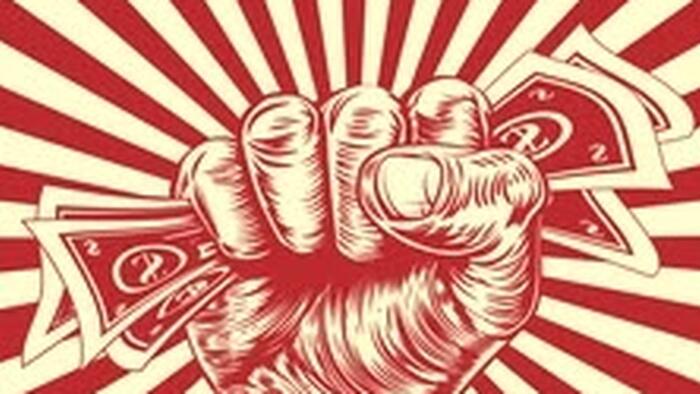In contemporary economic discourse, one of the prevailing fallacies is the assumption that without minimum wage laws, workers would be subject to unchecked exploitation in the labor market. Proponents of minimum wage legislation argue that it establishes a necessary baseline for wages, thereby protecting employees from being paid unduly low wages that fail to meet basic living standards. However, this argument is fundamentally flawed, as minimum wage laws impede voluntary agreements between employers and employees, infringing upon their rights to negotiate wages freely. Such laws are often based on misguided beliefs that suggest that some income levels are inherently exploitative, but they fail to take into account the complex dynamics of labor markets, where wage determination is influenced by a multitude of factors.
One compelling argument against minimum wage laws is that they restrict freedom of association and freedom of contract. When lawmakers enforce minimum wages, they effectively prevent willing and able parties from negotiating wage agreements that fall below the legally mandated threshold. These laws play a significant role in the elimination of certain jobs, particularly those that employers may find economically unfeasible to maintain at the imposed wage levels. This legislative interference not only disrupts employer-employee relationships but also leads to an unavoidable reduction in job availability for those who would be willing to accept lower wages in exchange for employment. Consequently, an unintended outcome of minimum wage laws is increased unemployment among low-skilled workers, who may value a job opportunity more than the wages being offered.
Advocates of minimum wage argue that such legislation protects workers from being exploited through excessively low wages. This narrative is fundamentally mistaken in its assumption that, without minimum wage legislation, businesses would consistently drive wages downward to the detriment of employees. In reality, wage negotiations are a two-sided process, contingent on the agreement and satisfaction of both parties involved. Employees, cognizant of their own value and market conditions, are unlikely to accept jobs offering no compensation or disproportionately low wages compared to the required skill and effort. Furthermore, the presence of higher-paying jobs exists precisely because certain positions yield greater value, thus reinforcing the idea that multifactorial influences govern wage determination rather than an uncontested race to the bottom.
The argument that employees have an intrinsic right to a minimum wage also lacks merit, as the value of work is ultimately determined in a free market context. Simply believing that one’s labor deserves a particular value does not confer an entitlement to that wage without the relevant market demand and employer willingness to pay such amounts. The notion that no work should be valued below the minimum wage fundamentally misunderstands economic principles regarding the determination of labor value within a competitive market. In essence, work does not possess inherent worth independent of the mutual agreement reached within the marketplace.
Beyond the theoretical fallacies surrounding wage determination, the consequences of enforcing minimum wage laws are tangible and regrettable. The elimination of job opportunities resulting from these legal mandates means that segments of the workforce are deprived of potential employment in favor of an artificially imposed wage structure. Businesses faced with higher labor costs either pass these expenses onto consumers through increased prices or curtail their workforce, thereby leading to diminished productivity. While proponents of minimum wage legislation may advocate from a moral standpoint, such measures often exacerbate the very issues they aim to solve, particularly affecting those who are most vulnerable in the labor market.
In conclusion, the case against minimum wage laws is supported by their infringement on individual freedoms and their detrimental effects on employment opportunities. Rather than fostering a fair and equitable labor market, these laws often contribute to higher unemployment rates among those who seek work and may be willing to accept lower wage rates. Ultimately, repealing minimum wage legislation could pave the way for a more dynamic and adaptable economy, aligning wages with market realities and improving job availability for all workers. The dialogue surrounding minimum wage should pivot from the simplistic notion of protection against exploitation to a more nuanced understanding of labor dynamics, negotiating practices, and the fundamental principles of a free market.

